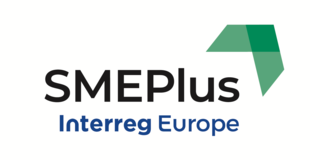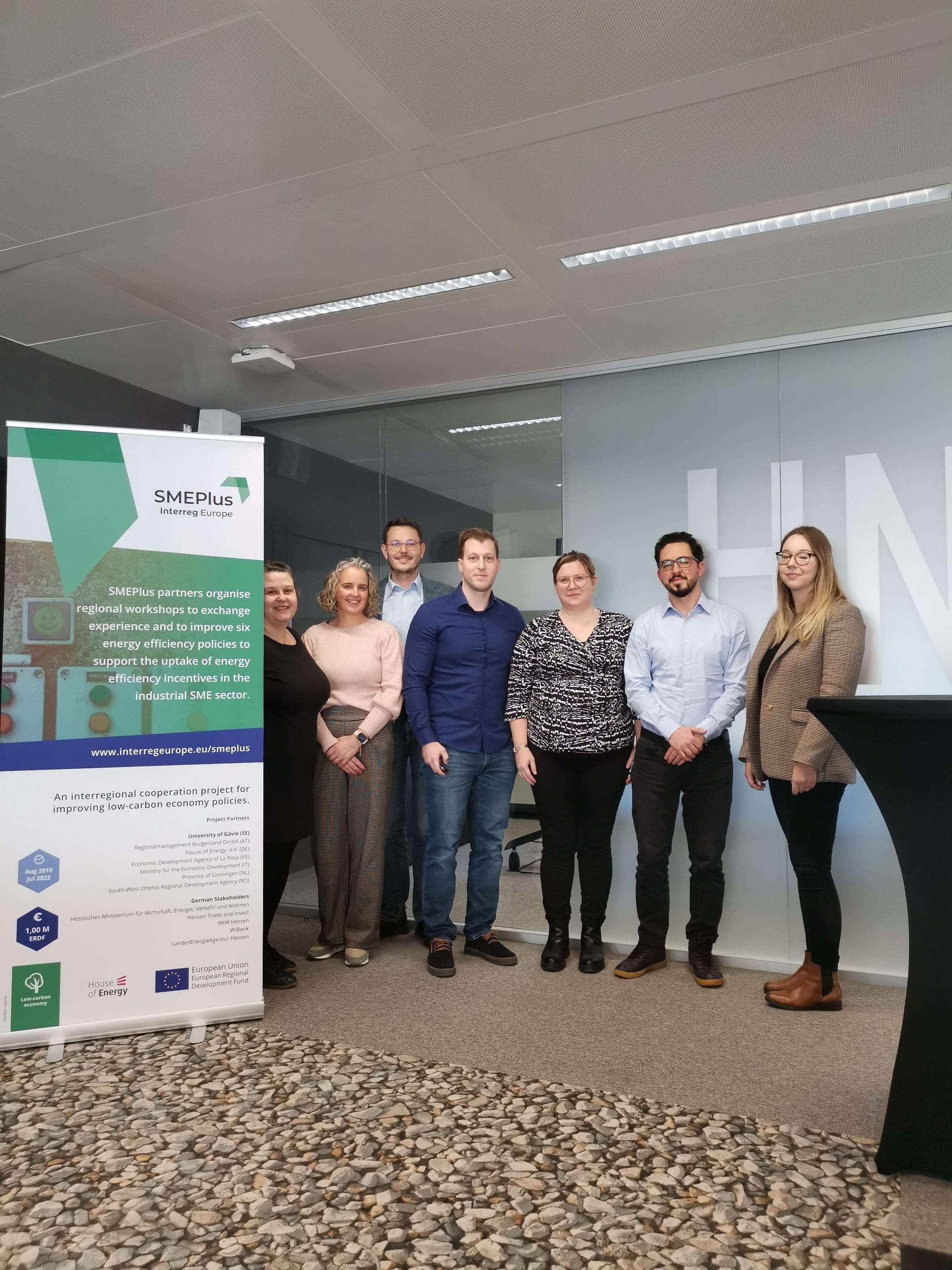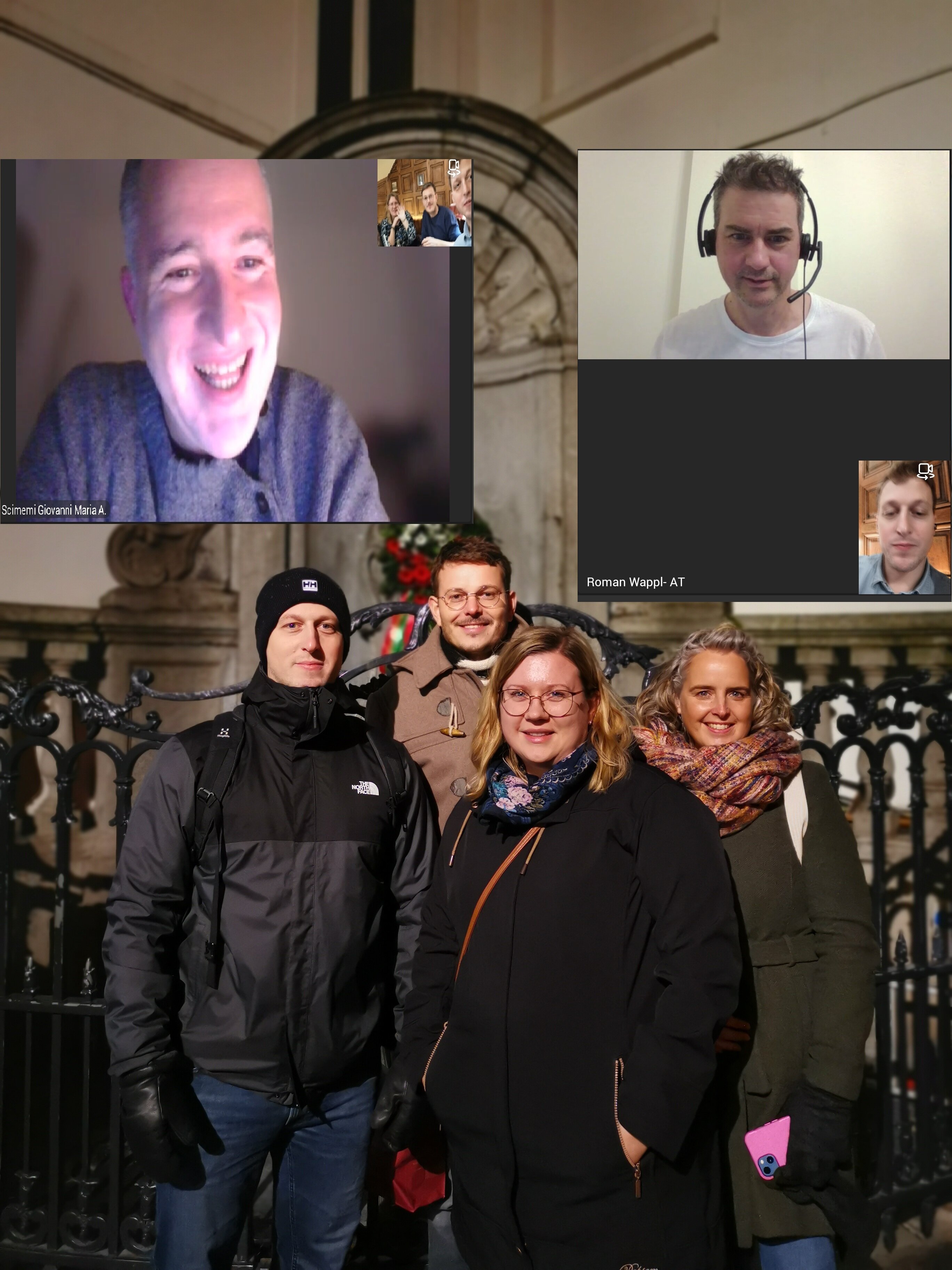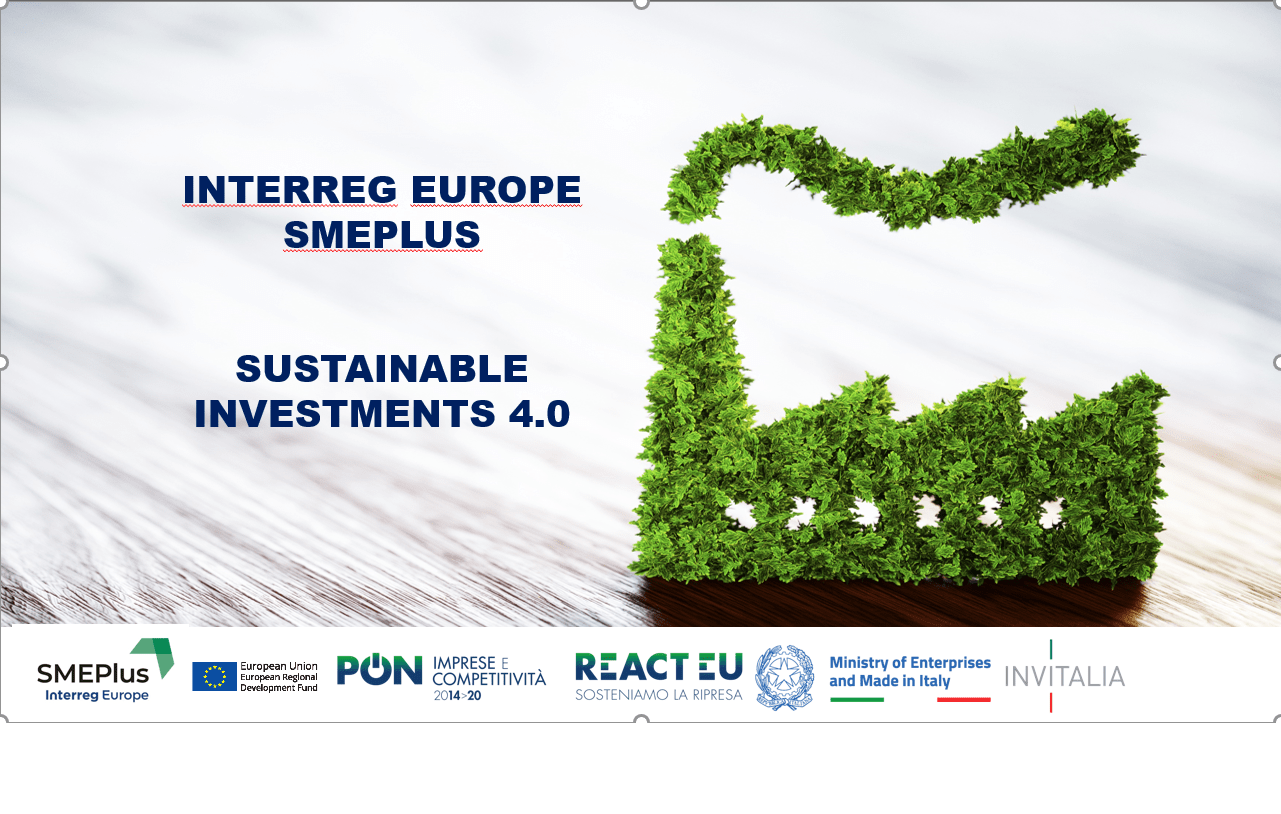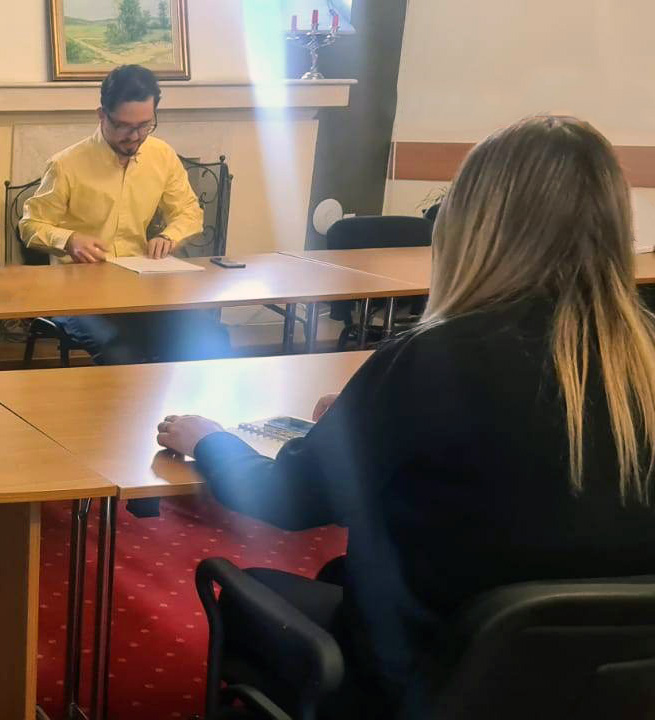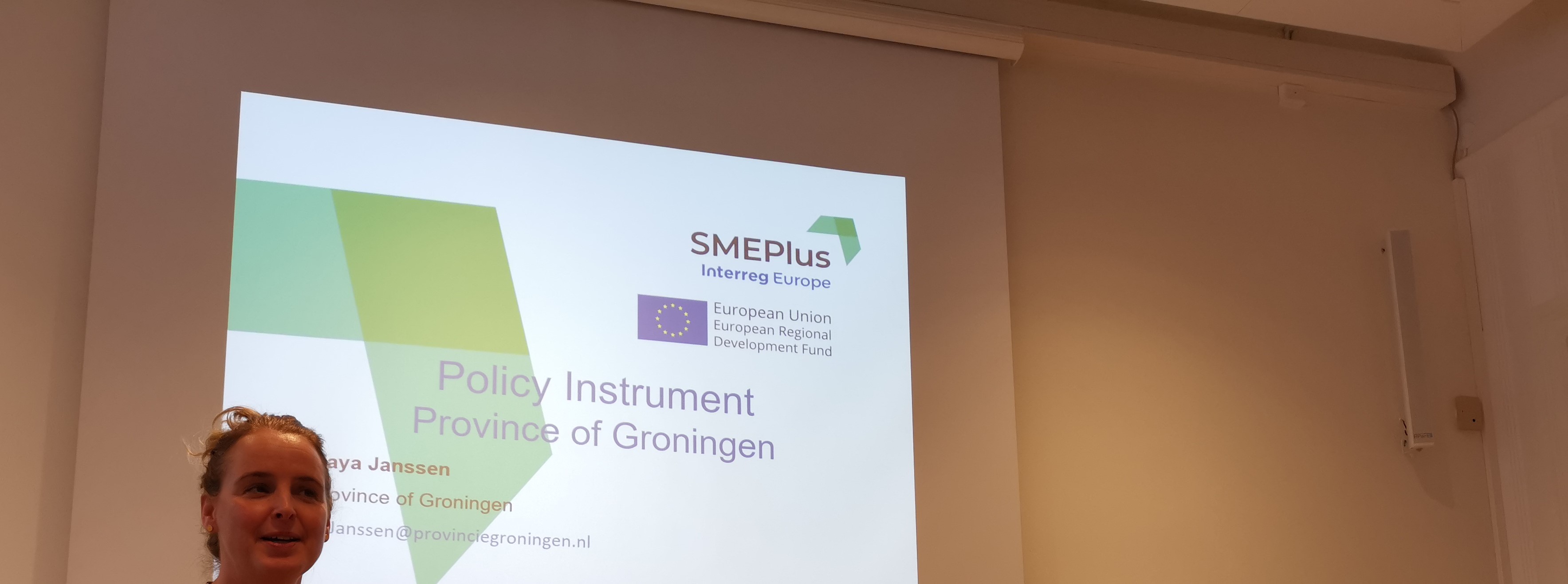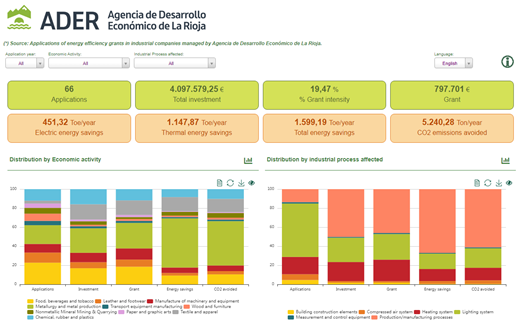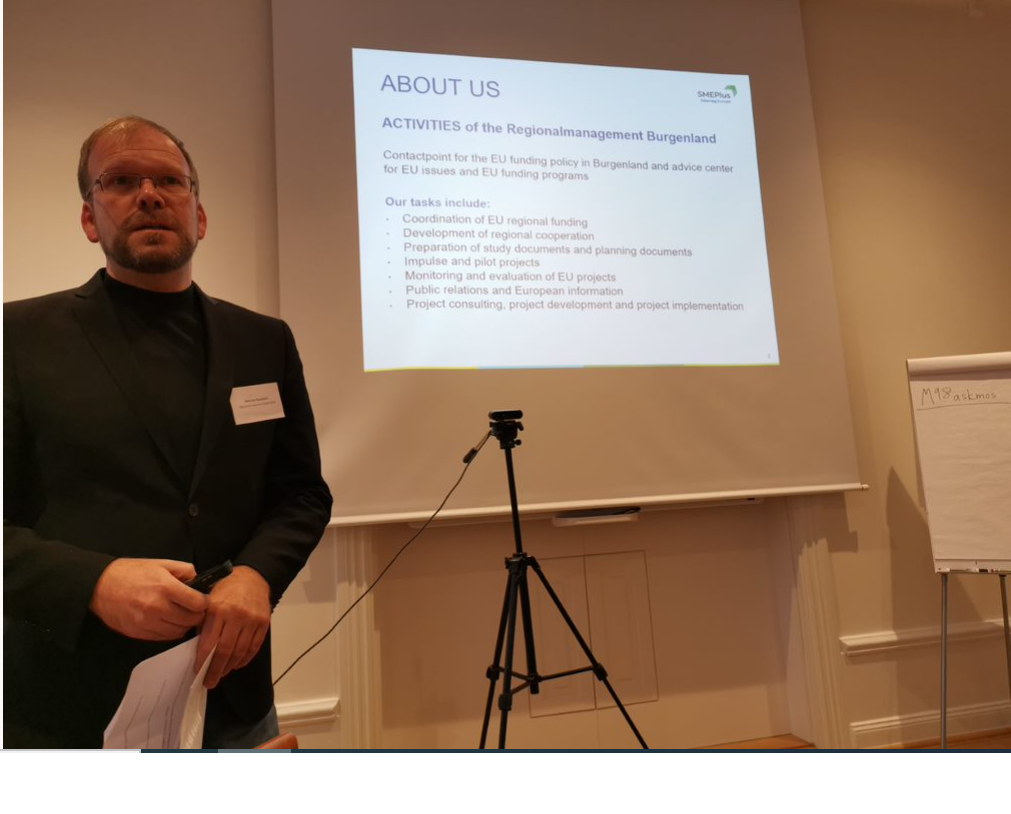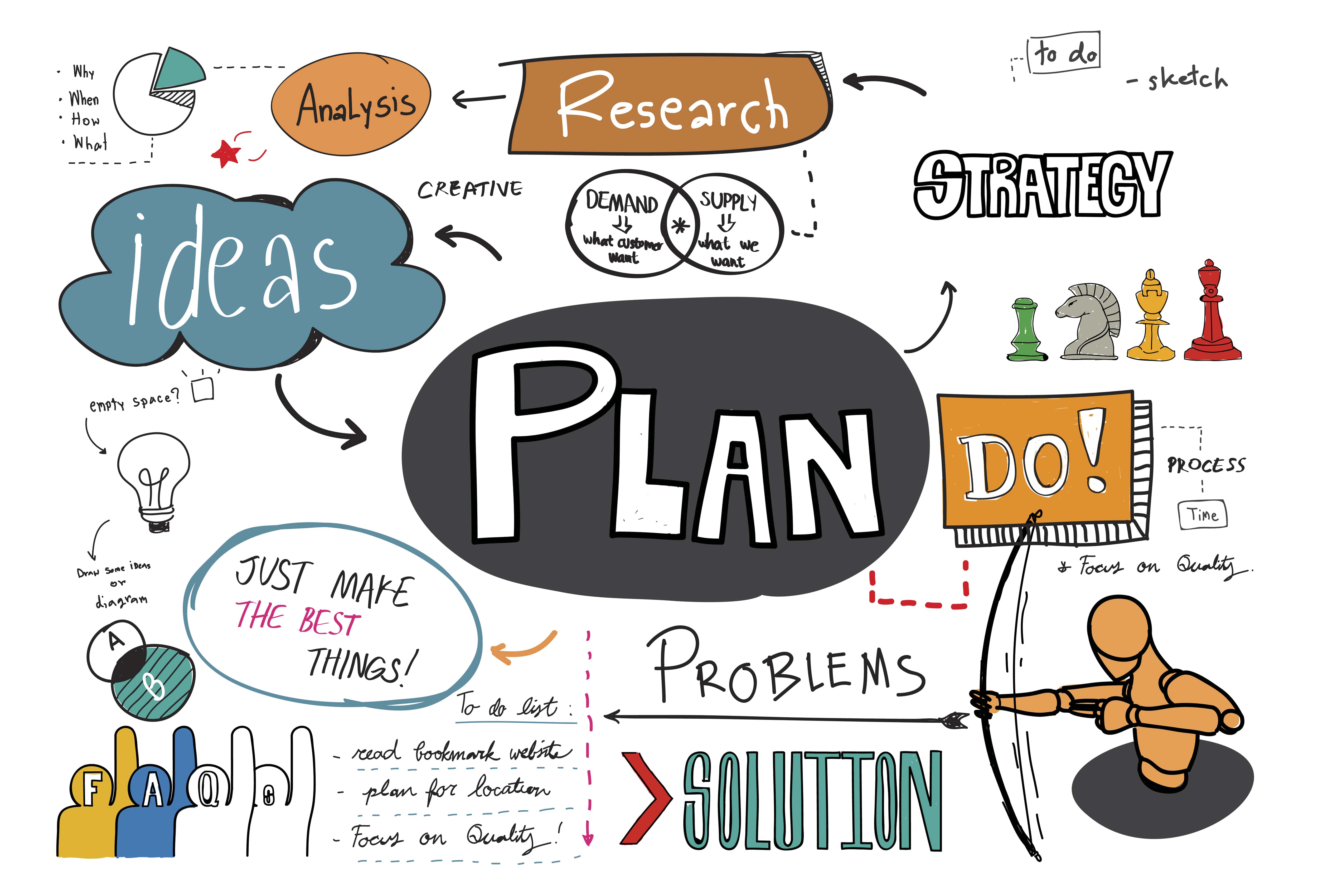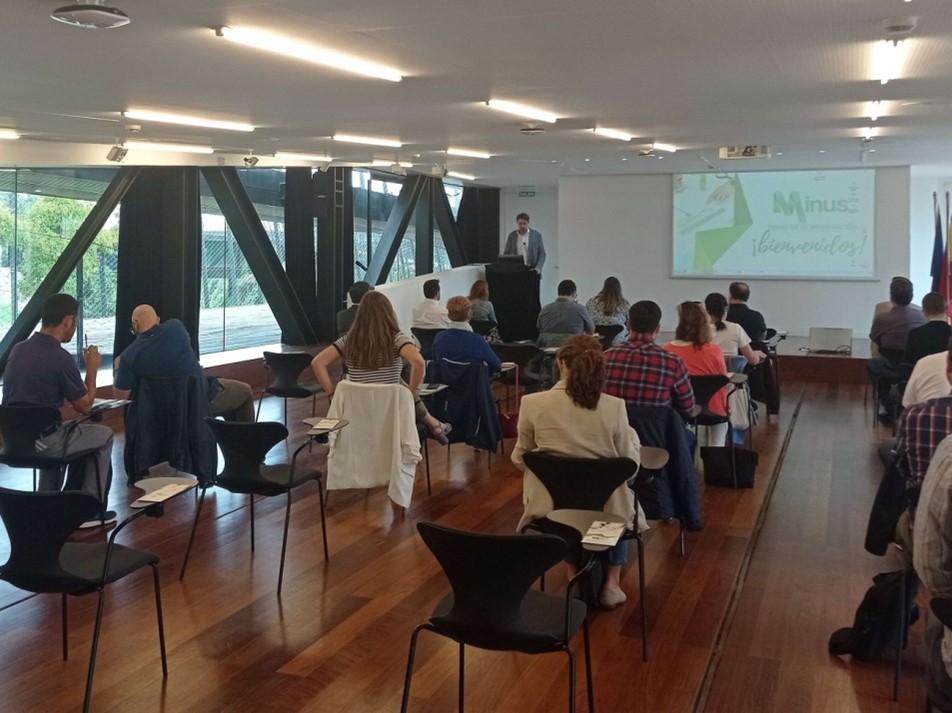Mihai: Given the existing binding target of increasing, by a minimum of 35%, the energy efficiency by 2030 set by the European Parliament, what policy measures would you propose to best achieve these goals?
Mihaela: While nowadays only large enterprises are required, by law, to conduct an energy audit every 4 years, we expect that in the future, as a result of the increasingly targets imposed on limiting and reducing CO2 emissions, such legal regulation may be applicable to SMEs as well, of course coming with the necessary support measures to help businesses achieve their goals. These type of policy measures should include:
- financing for energy audits, energy management strategies and services, buying equipment and tools needed in the process of implementing EE measures etc.;
- training & advisory support for the industrial SMEs staff, in order to be able to implement EE measures and have a sustainable approach;
- actions to promote the importance of implementing energy efficiency measures in order to make SMEs aware of their benefits.
Mihai: In terms of energy efficiency measures implementation, what is working now that needs more support, what is not working, and what new initiatives are needed?
Mihaela: In the 2014-2020 programming financial period, most of the EE measures dedicated to SMEs were granted, indirectly, through the Regional Operational Program. This means that the De-Minimis scheme aid have had a component in which the SME could receive financing support in order to upgrade/purchase of specific energy-saving installations / equipment as well as systems that use renewable (alternative) energy sources and also for optimization of operating installations and technological flows, minimizing source waste and increasing level of waste recovery and recycling. This measure was great at its moment but taking into consideration the new bidding targets for energy reduction and CO2 emissions, we consider that specific dedicated measures that will in addition include support for carrying energy audits, contracting an external energy manager (if needed) and training your own staff in order to facilitate the implementation of EE measures should be a must for the next programming period.
Mihai: Based on your experience what programs and/or markets hold significant untapped potential for energy efficiency?
Mihaela: Taking into consideration our role in the region (with reference to the Automotive Competitiveness Pole), we consider that the sector of SMEs manufacturing components and / or vehicles represents an emerging market from this point of view. Basically, until now all of the EE measures were taken at minimum level, thanks to their own decisions and in direct correlation with the targeted energy and non-energy benefits. However, we believe that if the legal framework will be improved, the SMEs will be even more motivated to implement EE actions due to the support offered in this matter.
Mihai: Is there a need for increased funding, in the region to support implementation of energy efficiency projects? What, if anything, is needed improve implementation of existing financing options?
Mihaela: Well, there’s always room for improvements. As we’ve mentioned before, we don’t have dedicated financing measures for EE actions but, even so, we think that the available ones can be improved. One such improvement could include the extension of the available list with eligible expenses for EE measures. For example, this could include energy audits for the technological flow/s related to the current activity of the SME and also energy efficiency improvement programs.
Mihai: Thank you for your time!
Mihaela: Thank you as well!
